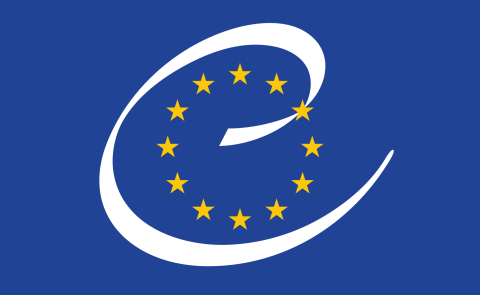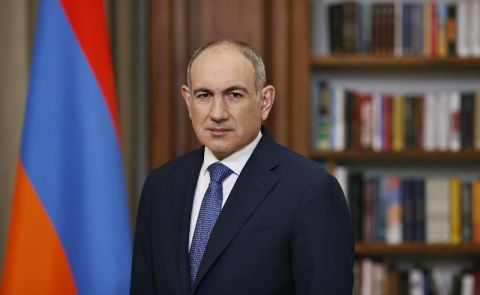
EU and Council of Europe criticize the judge selection in Georgia

On 14 December, the EU and the Council of Europe (CoE) issued their public statements regarding the selection of the Supreme Court judges in Georgia.
The new EU Spokesperson for Foreign Affairs and Security Policy Peter Stano said that the selection procedure to appoint the judges was "not transparent" and "risk for [the] credibility" of the judiciary. “The selection procedure did not adhere to all recommendations made by the Venice Commission and was characterised by key shortcomings, including a lack of transparency that undermines a genuine merit-based nomination process,” Stano stated.
He further noted that a number of the appointed candidates “do not enjoy broad public trust, as was obvious in the course of the selection process”. “While the hearings carried out in the Parliament were transparent, more efforts should have been devoted to justify the choice of candidates ahead of the final vote”, he added.
The CoE co-rapporteurs who visited Georgia in September, Titus Corlatean (Romania) and Claude Kern (France), also outed their dissatisfaction with the selection process, saying that it was “against the recommendation of the international community, including the CoE Parliamentary Assembly”. They also said that at that time they shared their expectations that the parliament would rectify the shortcomings in the selection process, including by appointing only the minimum number of judges needed to ensure the proper functioning of the Supreme Court, "in line with the recommendations of the Venice Commission".
They further noted that the Georgian parliament has appointed 14 out of 19 candidates, “without proper reasoning and reportedly including persons who [did] not demonstrate[] during the selection process that they have the legal knowledge and independence required for such an important position”. They also stated that they plan to make a regular monitoring visits to Georgia starting early next year and called for “swift measures to ensure the required public trust in the justice system and the independence of the judiciary”.
Georgian Justice Minister Tea Tsulukiani responded to the external criticisms saying that the Georgian Parliament approved the new Supreme Court judges and every European should respect the decision of the independent country’s legislators. She added that some western states still lack such transparent procedures for appointing judges and called on them to take the example of Georgia and hold live interviews.
On 12 December, the Georgian parliament approved 14 of the total 19 candidates for the position of lifelong judges of the Georgian Supreme Court amid protests from opposition and civic groups, which resulted in the detentions of 12 people. The election of 14 Supreme Court judges caused mixed reactions amongst Georgian society and abroad (Caucasus Watch reported).
See Also


Armenia Strengthens Ties with Council of Europe

Former Armenian President Labels Pashinyan a Traitor and Blasphemer

Pashinyan Addresses Key Issues on Church, National Future, and Fund Allegations

Azerbaijan Calls for 'Dialogue and Diplomatic Resolution' Between Israel and Iran

